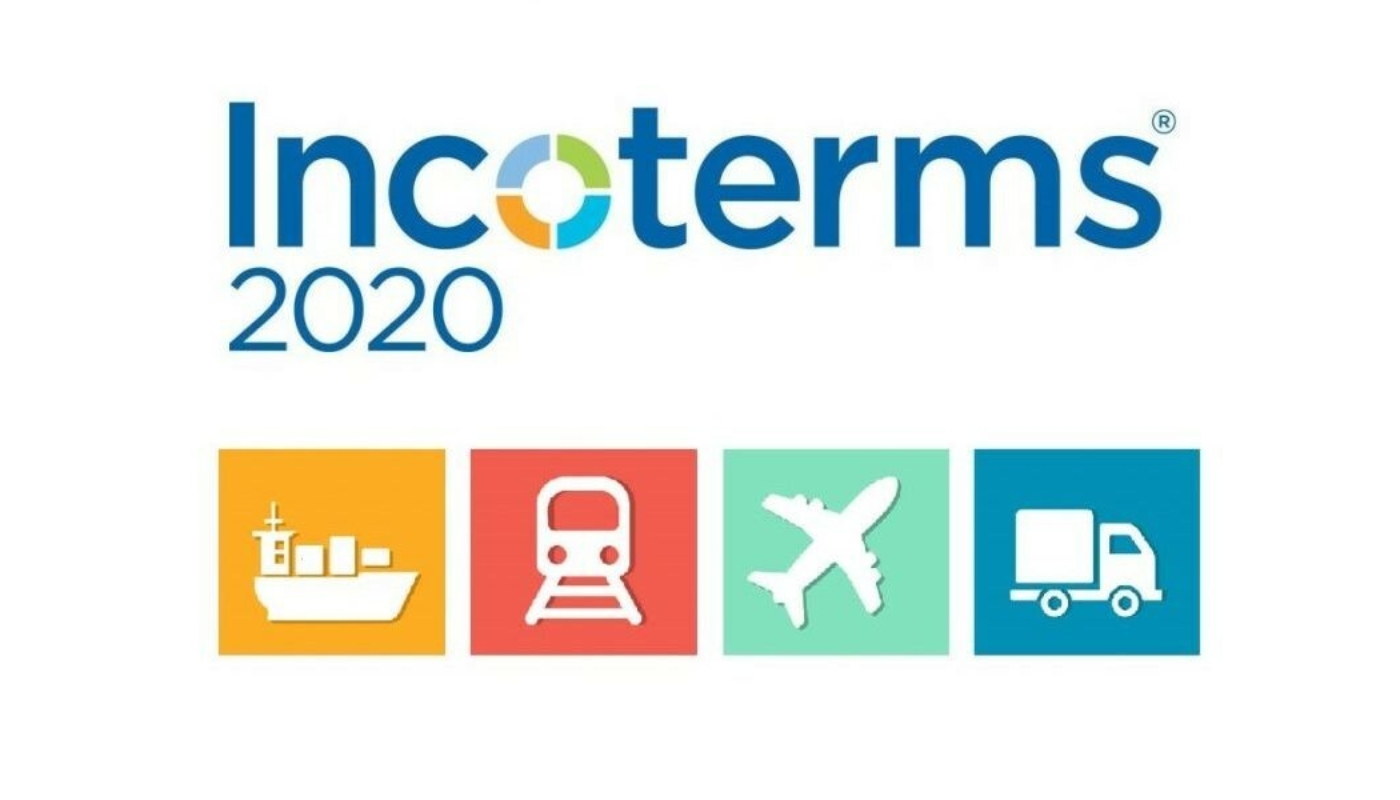| In some Asian markets, freight forwarders and consolidators work together to increase their profits or reduce shipper costs. CIF cargo is often sold to forwarders and consolidators based on a rebate, creating a negative auction where prices drop below cost. To recover losses, consolidators charge the destination agent, who then charges the importer and holds their cargo until paid—these invoices contain significantly inflated unexpected charges. This practice can greatly inflate import costs by hundreds of percentage points, with no legal barriers in many places, including New Zealand.
|

